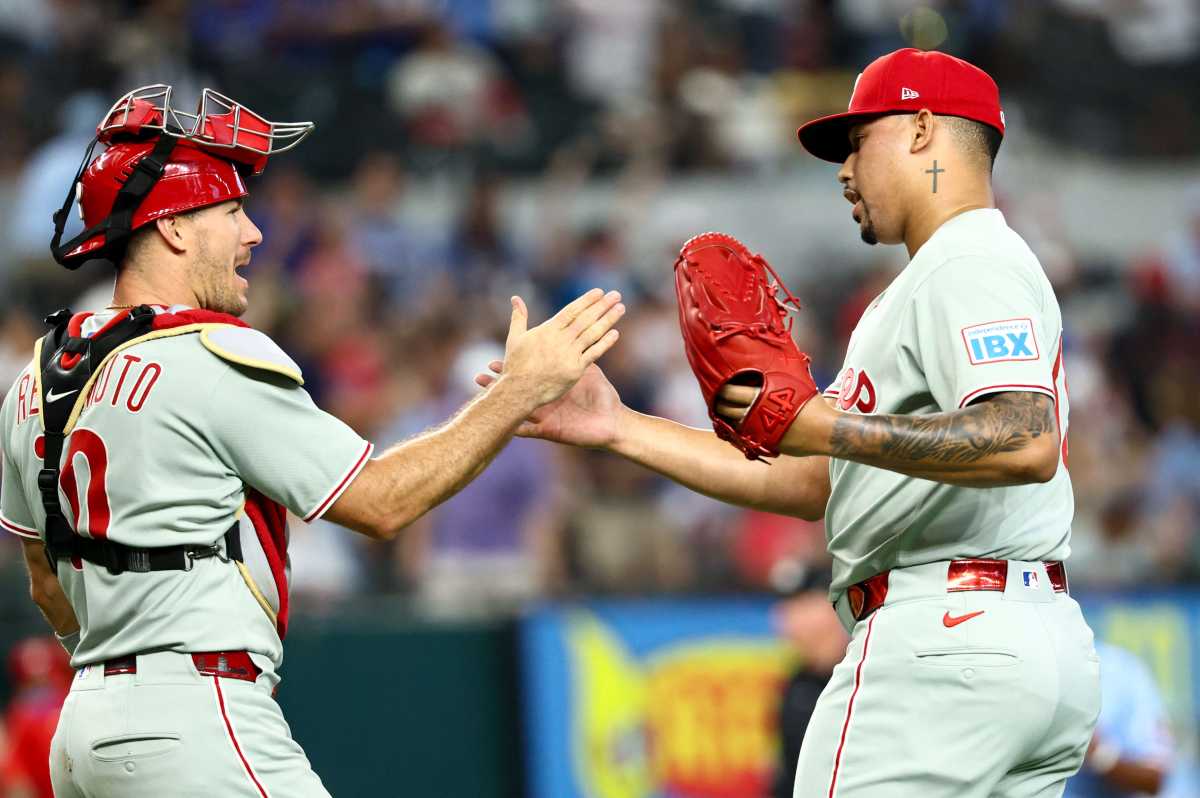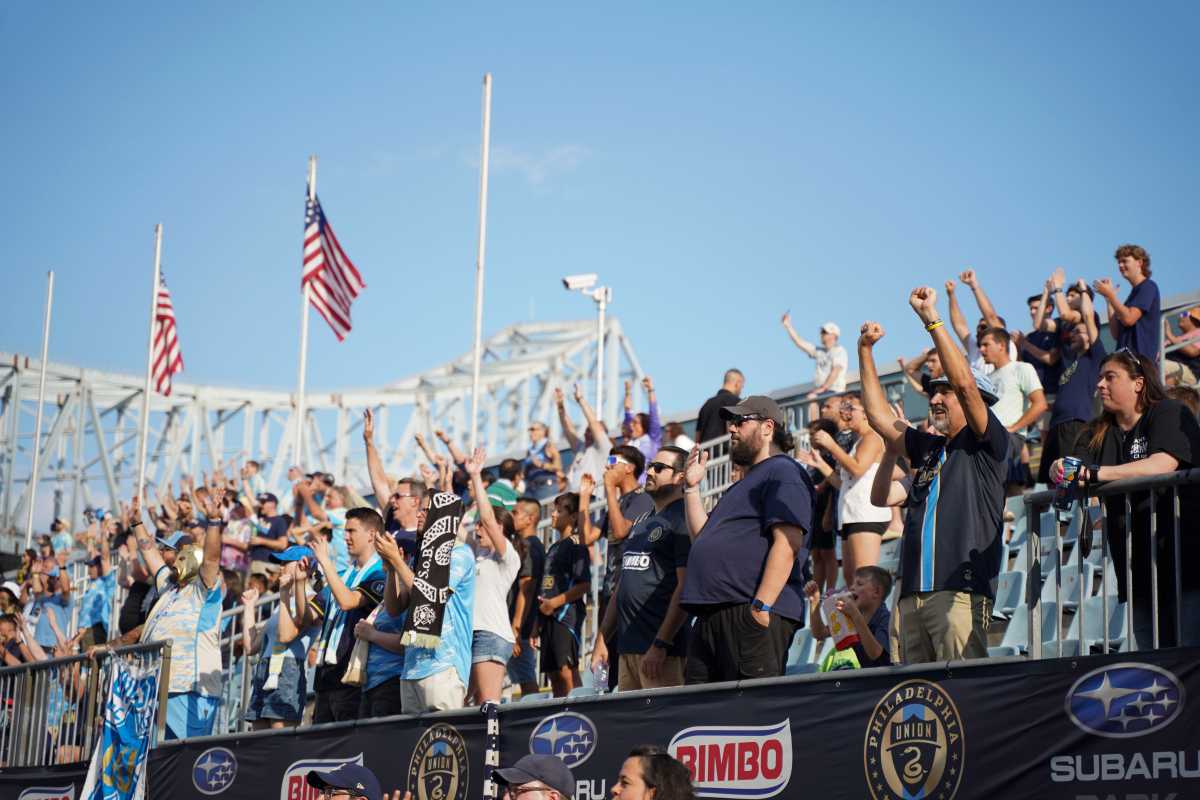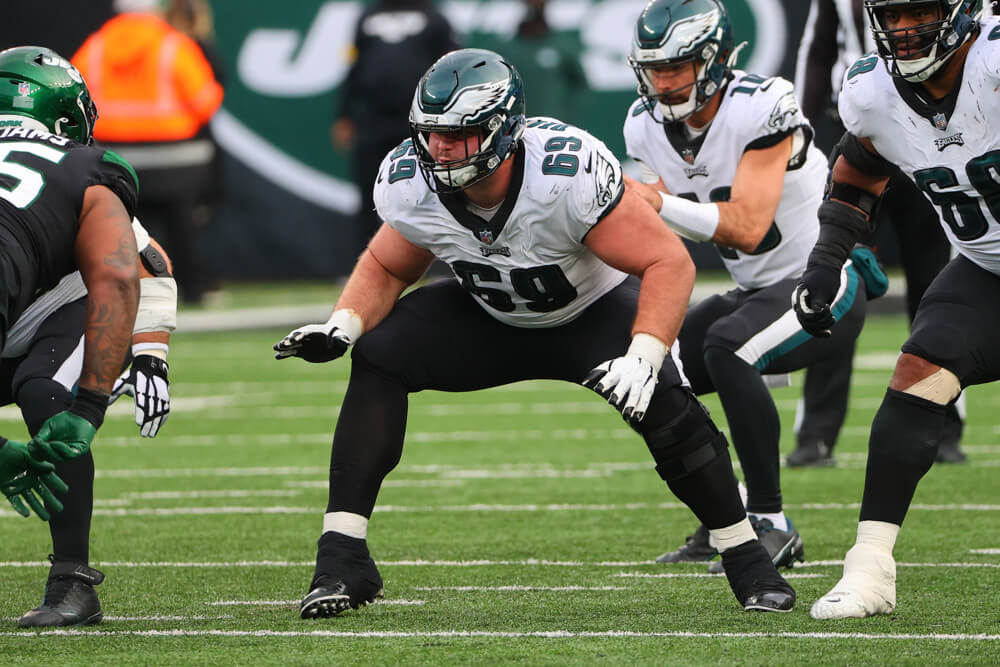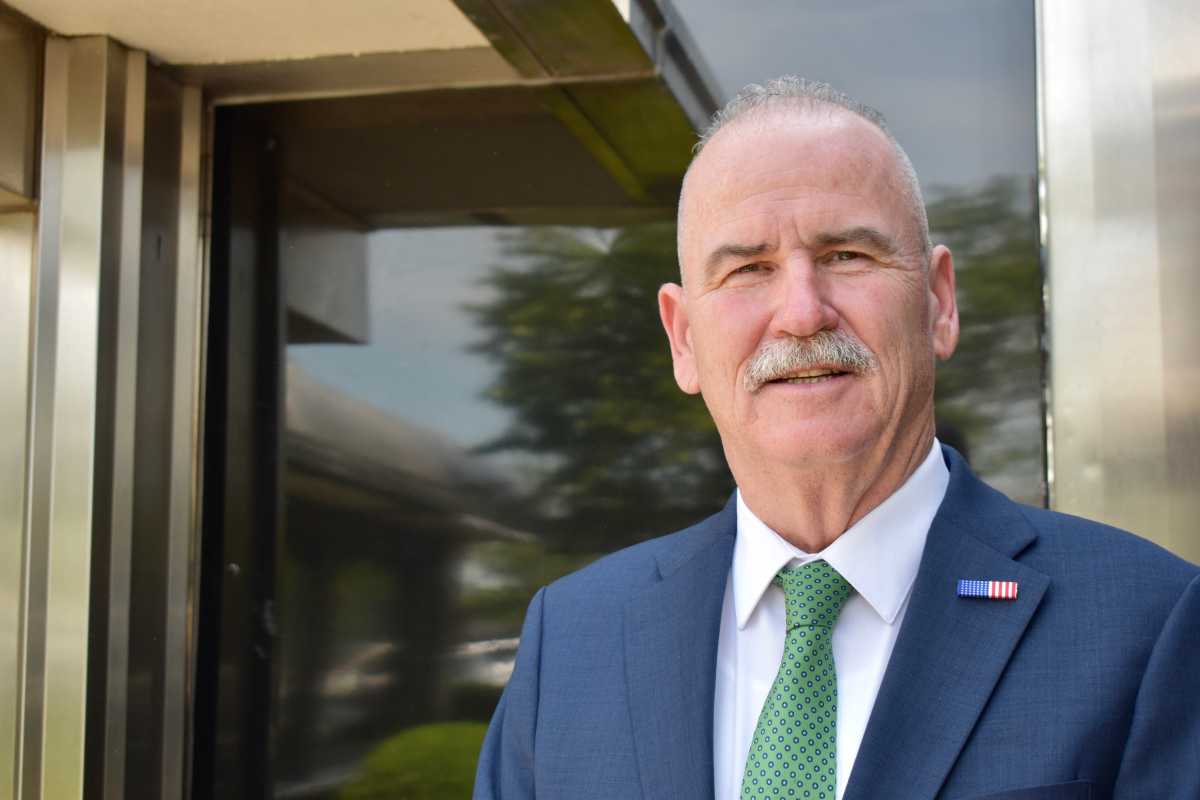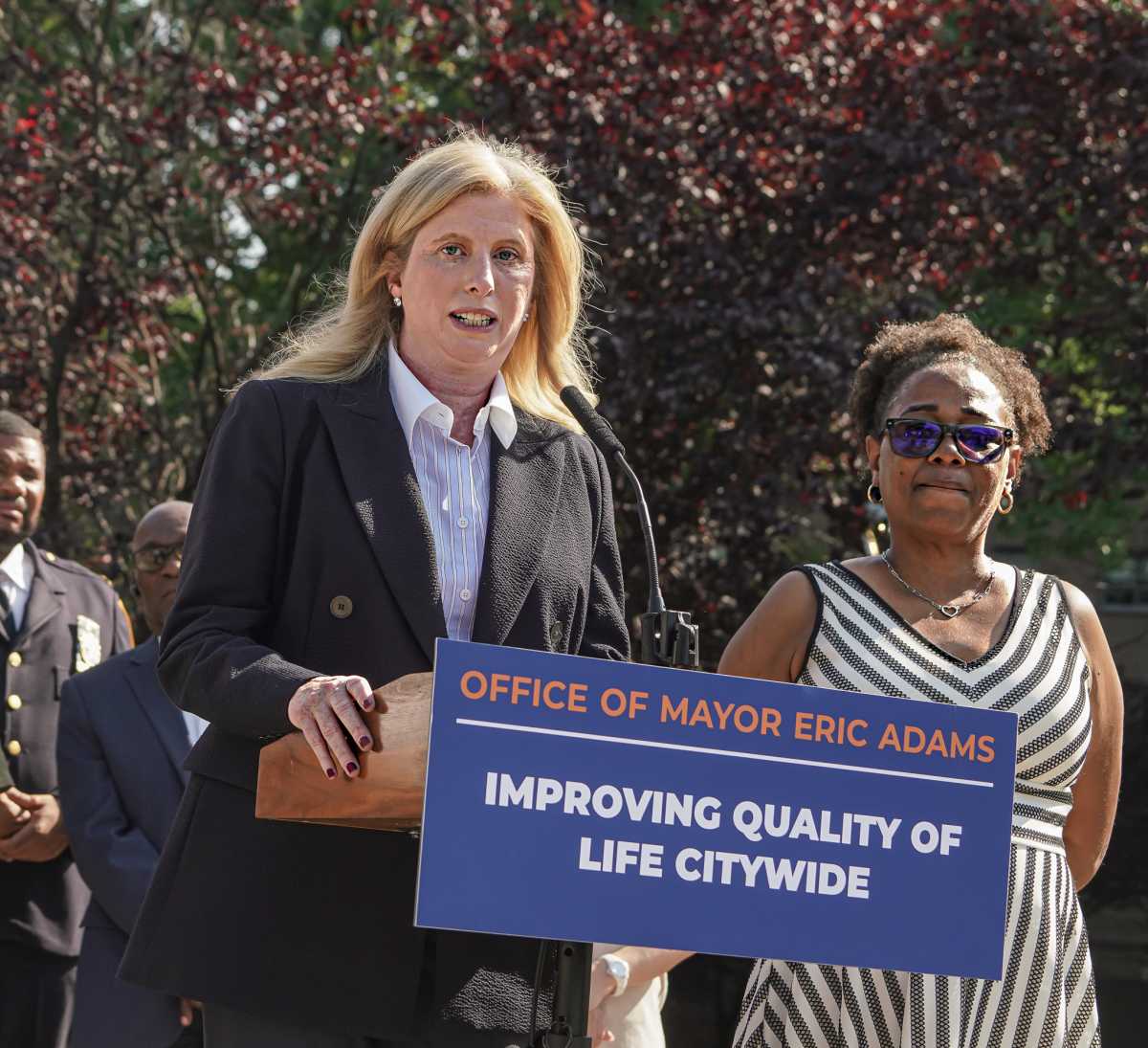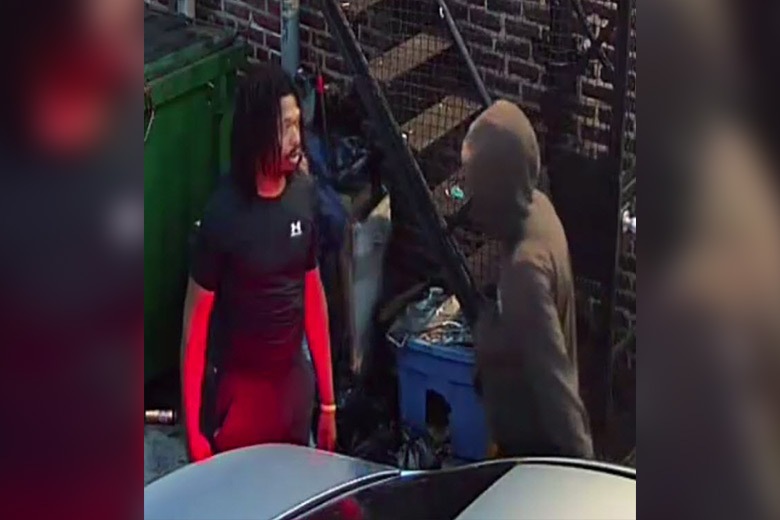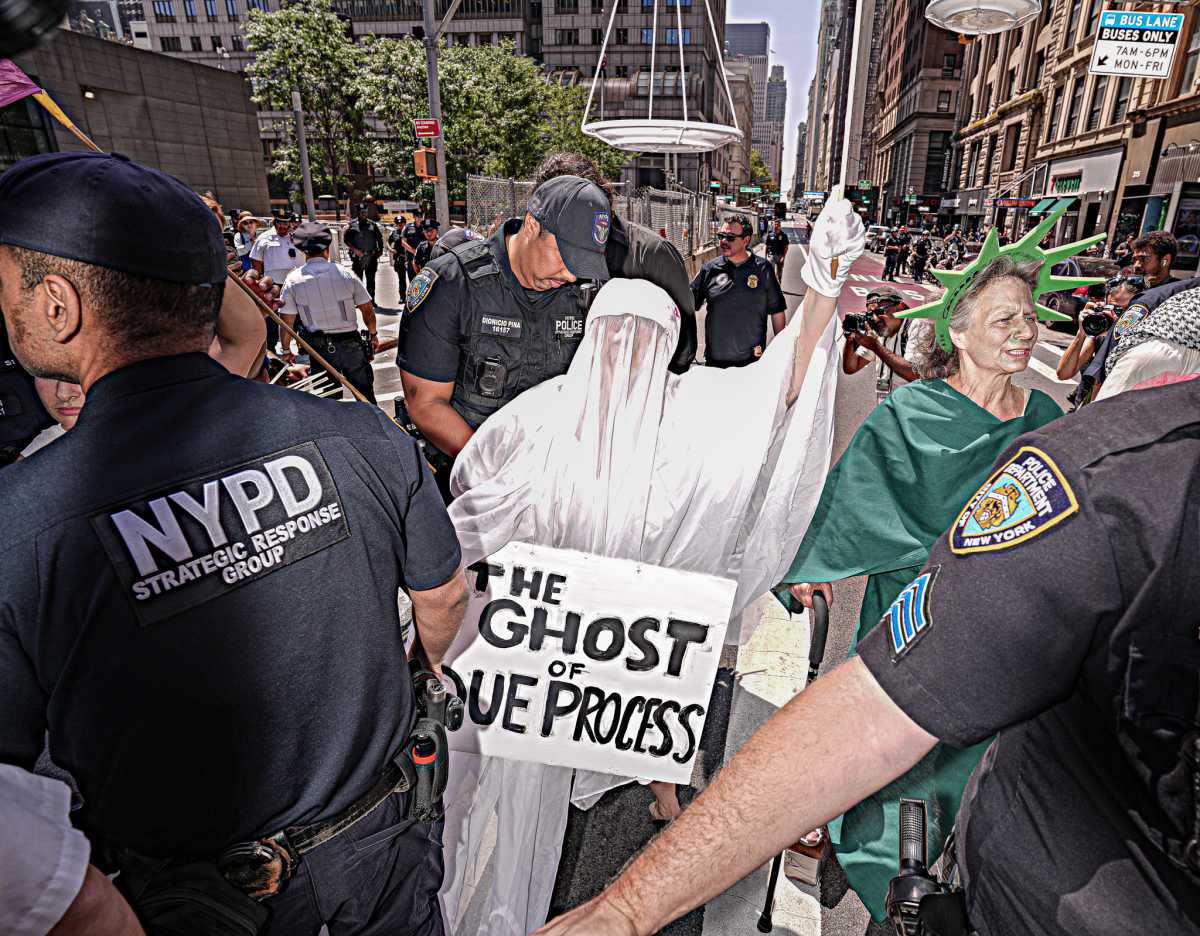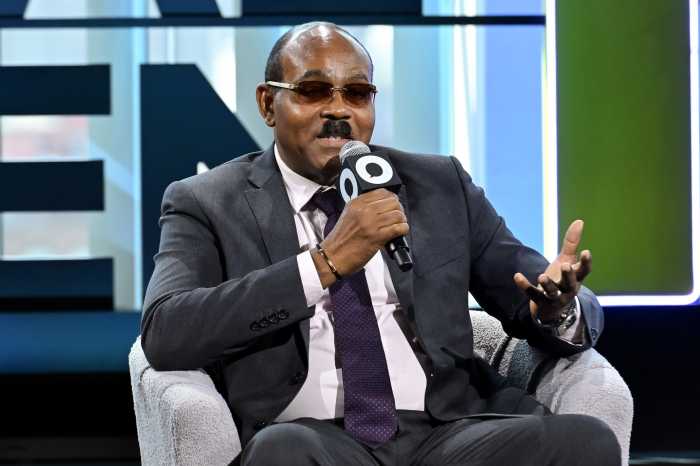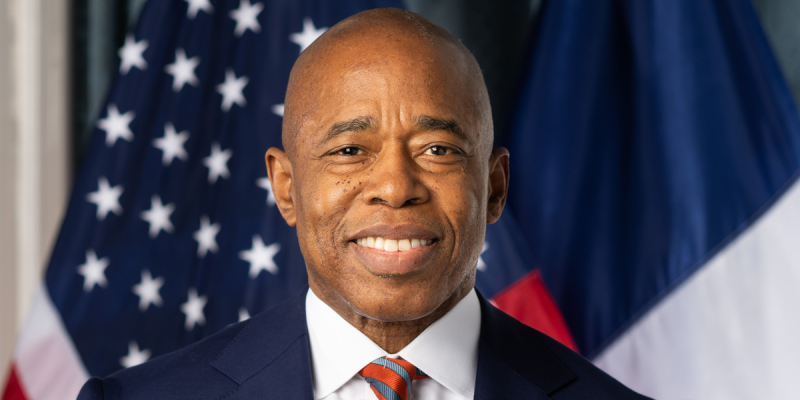Despite the fact that Ready Player One is his third collaboration with Steven Spielberg, Simon Pegg is still astonished any time he is in the presence of the legendary director.
The English actor wouldn’t want it any other way, though, because he recently admitted that embracing this feeling stops him from becoming “jaded.”
I recently spoke to Pegg about Spielberg’s latest blockbuster “Ready Player One”, in which he plays the co-creator of the OASIS, the video game that the people of 2044 have become so obsessed with they spend every waking moment in it, during which time he insisted that we are basically living “in the dystopia of the film now.”
Was it Spielberg or the book that first attracted you to “Ready Player One”?
It was Spielberg really. I had read the book. The book had come to me when it first came out because it mentioned “Spaced” in it and someone had sent it to me. I didn’t know that was what Steven Spielberg was calling about when he did. So it was a happy coincidence really.
Did you ask him to put the “Spaced” reference in the film?
No, I think that would have been supremely narcissistic. Especially because Steven wanted to remove as many references to him as possible. I think he only put in the DeLorean as an oblique reference because he produced that film. Then he put in the T-Rex. I think he felt a bit weird being so self-serving and using the references in the book. But then you have to acknowledge the fact that he is the architect of a lot of popular culture. Which was sweet because he was very humble.
How do you react to working with Spielberg?
I am always excited. It is important to stay connected to those emotions as well. Otherwise you just get jaded. I have known him for 10 years now, and still get excited when I see him, or he walks in the room. He has had such a lasting effect on my cultural tastes and he has shaped my love of movies and that will always be the case. Whenever I get to spend time with him I am always, ‘Oh my God!’
“Ready Player One” is another example of him tackling technological advancements when other directors would be scared of them.
He embraces the technology. I don’t think that he thinks of the practicalities first. He thinks about his vision first and then tries to find out a way to facilitate that. I remember when we shot the sequence with me and Mark Rylance in the past where Parzival comes to visit it. Steven wanted to shoot it like it was on a tablet. So he shot it with an ellipse of cameras. Like 8 of them. That he could then stitch together. It was kind of like bullet time. But he came up with that over a weekend before we shot it.
The film is very much about the human behind these creations, though.
That’s what it is all about really. Much has been made about the self-referential moments, like it is a game of postmodern bingo. But there is much more to it than that in terms of what it is saying about personal interactions and our interactions with each other. It feels like we are in the dystopia of the film now, what with social media and we are constantly projecting a constructed version of ourselves online and that’s where we live and the truths we create online are not entirely honest. And I feel like the film is saying that’s not such a good thing.
Is the point that there are no references past 2018 in the film because pop culture has stagnated?
It’s quite a smart design that Ernest Cline came up with. The creator of the game is a clinical nostalgist. He can’t leave his own past because that’s where he is his most comfortable. And because he is the architect of that world everyone is sucked into that world of nostalgia. So kids from 2045 all of their cultural reference points are from the 80s and 90s. But that’s because that’s where the architect is stuck. But we are very inclined to looking back. If you look at everything that occupies the mainstream of popular culture right now it is all reboots and remakes. The people who grew up consuming it are trying to recreate it now so that they can have their childhood all over again. That’s what Halliday is doing. So the reason there isn’t any pop culture references after that time is that Halliday wasn’t interested in it. And I think that’s kind of saying something about now. We should be creating popular culture for the now. But we’re not. We’re just trying to recreate stuff we have already seen. I think in another part of the world it is being recreated now, just by younger people.
There’s plenty of anime in the film, too, which the West mostly ignores.
Or we try to appropriate for ourselves which we get criticized for. It is difficult. Unfortunately, we have been bred into people that need familiarity. The shock of the new, people that create popular culture are frightened how we will react to it. They are frightened that people don’t want to get out of their comfort zone. And the more we pander to that the more likely we are to stay in our comfort zone. A film like “Annihilation” comes out, which was a really smart, clever, female led sci-fi and no-one want to see it. And everyone says we need more stuff like that. But the audience needs to go see it in order for it to get made.
At least “Black Panther” showed there was an eagerness for the new.
But even “Black Panther” felt like a Trojan horse in a way, because it was a known genre – it was superheroes. But its diversity did the opposite of what people thought it would do, because rather than pushing people away it drew people in. Because audiences are hungry for something new, and it is fantastic for that reason. But if it had been the same thing out of the Marvel universe it wouldn’t have had the same effect. I suppose we need to use the tools available to us to draw new audiences in.
“Ready Player One” will be released into cinemas on March 30.









